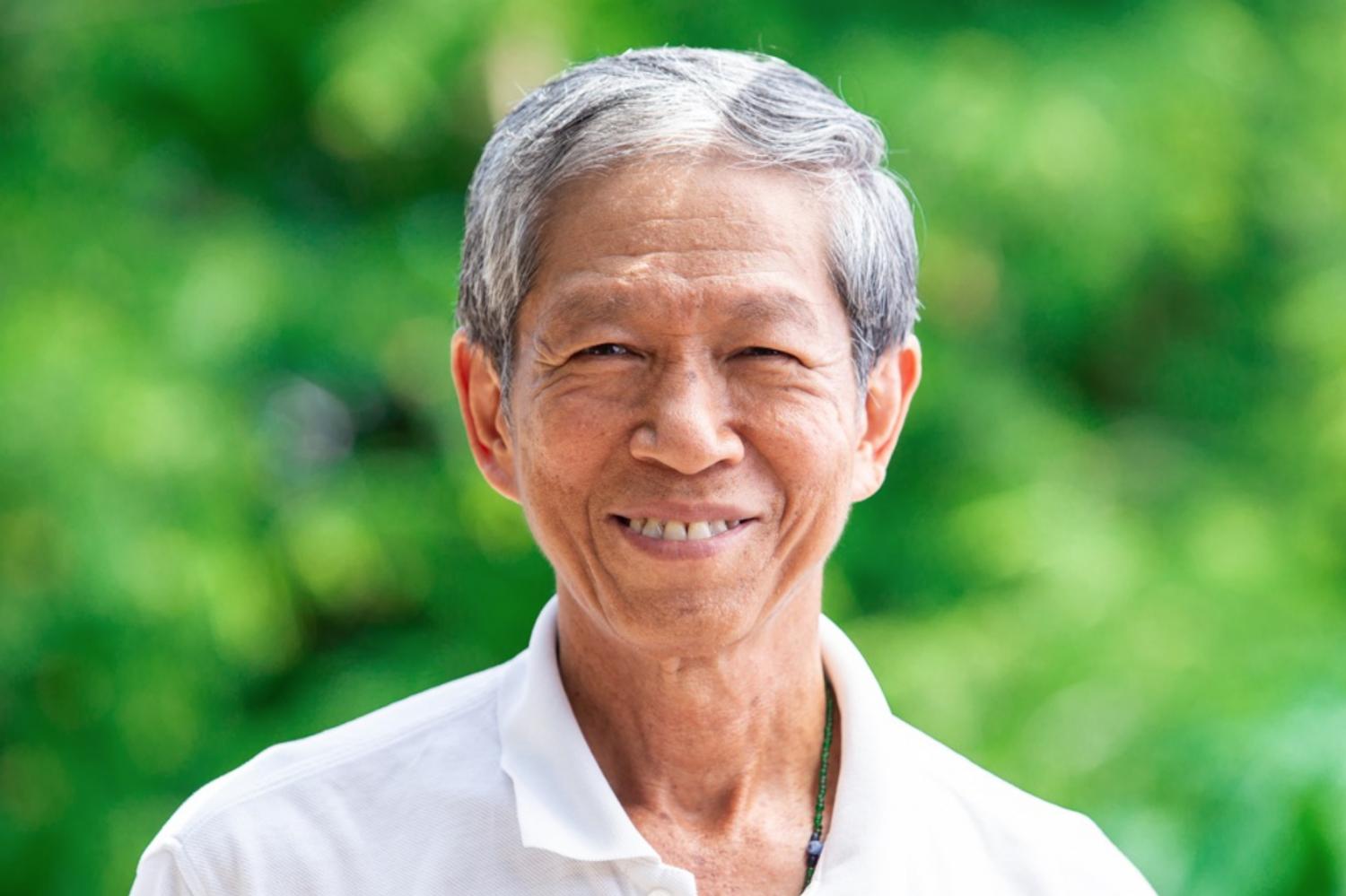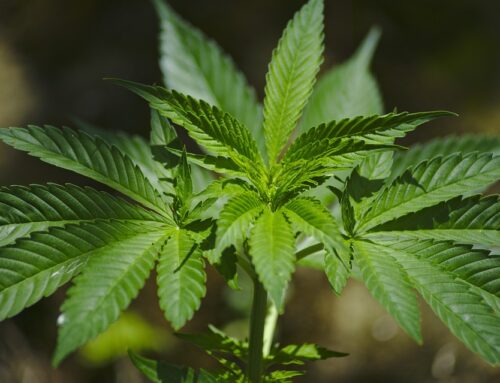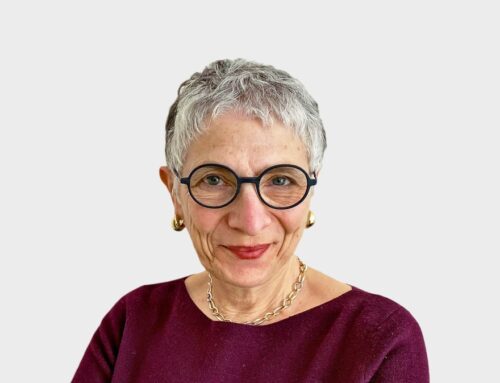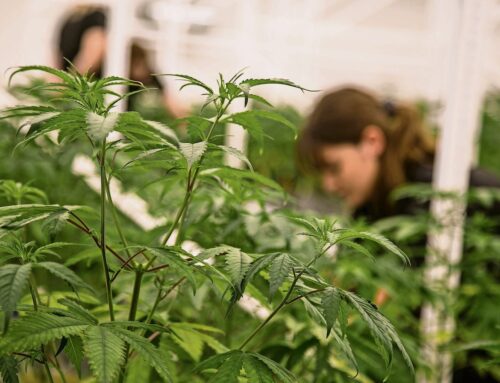Dope changes ‘harm economy’
July 6, 2025
Cannabis advocates rally to oppose tighter curbs, writes Jutamas Tadthiemrom

Cannabis advocates will hold a mass rally at the Ministry of Public Health on Monday to protest the government’s campaign to recriminalise the plant three years after it was removed from the national narcotics list.
Dubbed “Operation 7-7”, the gathering would “demand answers from the public health minister and push for the right approach to regulate cannabis”, organisers posted on the rally’s Facebook page.
On the agenda is “exposing the monopolisation of cannabis by Public Health Minister Somsak Thepsuthin”, after Mr Somsak earlier vowed to allow only the use of medical cannabis once the new regulations are issued.
“July 7 is an important starting point. We will camp out at the ministry and take the opportunity to create an action plan. People in the industry all over the country have joined hands to carry out a mission that will continue until the country has a Cannabis Act,” wrote cannabis advocate Chokwan “Kitty” Chopaka on her Facebook page on Friday.
Thailand’s cannabis industry, once hailed as a new economic driver and tourism magnet, is now at a crossroads.
The re-listing of cannabis is expected push tens of thousands small and local growers and entrepreneurs out of business.
The debate also centres on whether the new regulations, being worked on by the Public Health Ministry, can truly prevent irresponsible sales and underage use.
Concerns have been raised by schools and parents that marijuana could lead youth to try other drugs since the onset of the decriminalisation of the plant in 2022.
The Department of Juvenile Observation and Protection said there has been an upward trend in the number of children and youth prosecuted nationwide between 2022 and 2024.
Juvenile delinquents were mostly prosecuted in relation to methamphetamine (ya ba), with 3,931 cases, accounting for 39.90% of the total, followed by 3,626 cases involving cannabis use, or 36.80%.
Daycha Siripatra, chairman of the Khaokwan Foundation, warned of the economic fallout from recriminalising cannabis.
“The cannabis industry has boosted the economy, especially for local farmers across Thailand.
“The country has also seen a surge in inbound tourists from Malaysia, where cannabis remains classified as a narcotic.
“As a result, allowing cannabis for recreational use among tourists has helped drive growth in cannabis-related sales.”
Mr Daycha has long been recognised for his expertise in producing extracts for treatment of cancer, Parkinson’s, arthritis and epilepsy.
“Cannabis has contributed less damage to human health than alcohol or other abused drugs.
“Authorities should redirect their attention to alcohol regulations and legislation, as alcohol remains a major global cause of death — contributing to over 2.4 million deaths annually.”
He said the change of regulations mainly serves political conflicts of interests and promotes major players.
The new regulations may not be as well-intentioned, Mr Daycha said, because “the previous prohibitions on selling cannabis to youth under 20 years old would be removed. Thereby, students or those below 20 are allowed to purchase cannabis with a medical prescription”.
Dr Thiravat Hemachudha, chairman of the Center of Excellence in Integrative Medicine and Public Health and Adviser at College of Oriental Medicine, Rangsit University, said some patients who grow cannabis at home have seen marked improvements in their health as a result of consuming cannabis extract.
However, relisting cannabis might risk the future of those combinations of treatment currently practiced in over 100 community healthcare centres across Thailand.
Despite uncertainty in Thailand, the plants are still being trialled worldwide, particular the effects of cannabinol (CBN).
The health sector relies on imported cannabidiol (CBD) and CBN which costs 30,000 to 40,000 baht per unit.
Unlike tetrahydrocannabinol extracted from cannabis that yields high psychoactive chemicals, CBD and CBN are classified as non-psychoactive substances.

Daycha: Cannabis over alcohol

Thiravat: Patients can not grow
Search
RECENT PRESS RELEASES
Related Post



